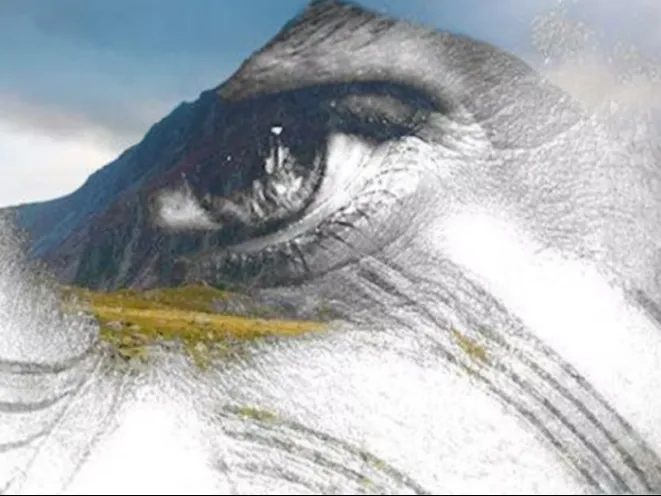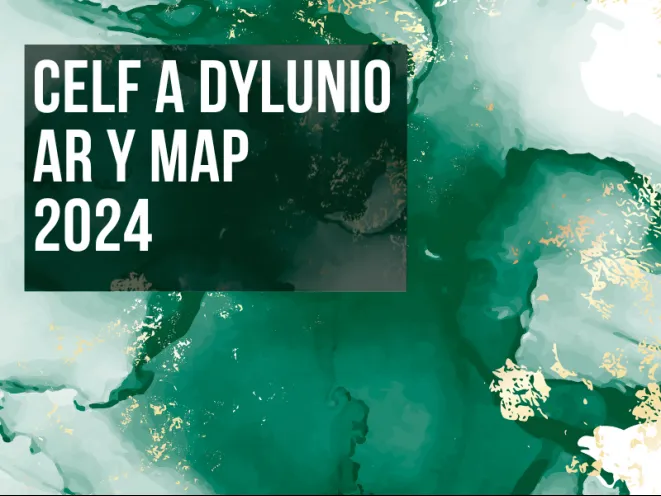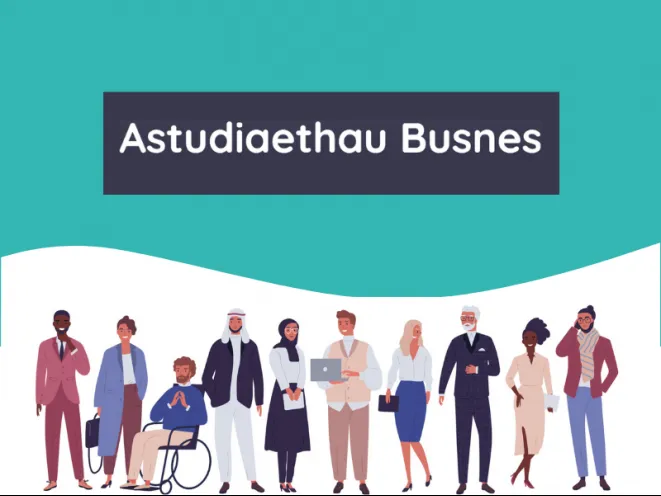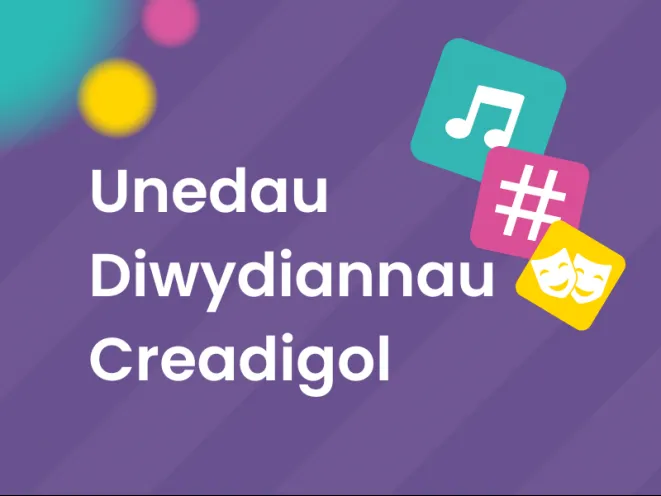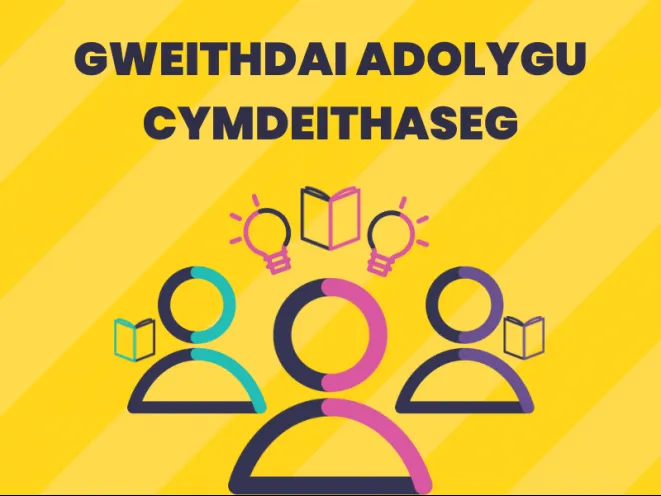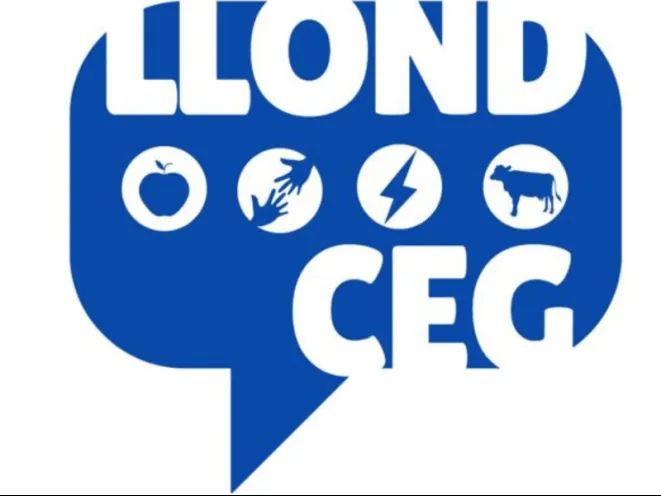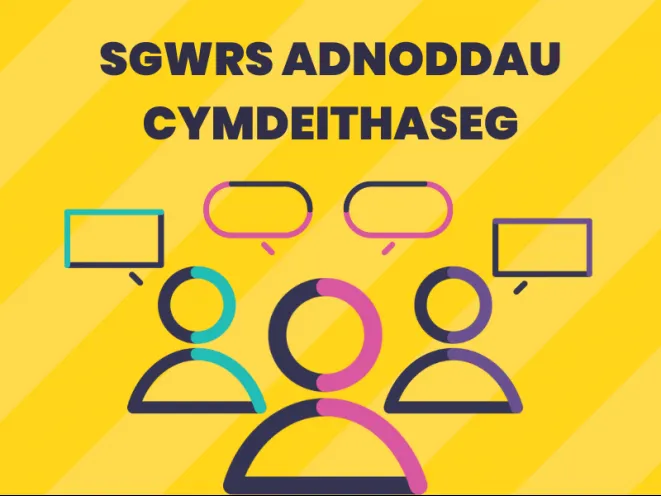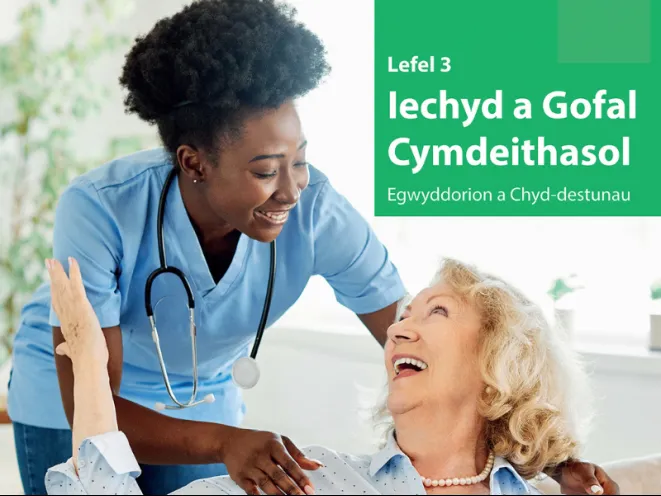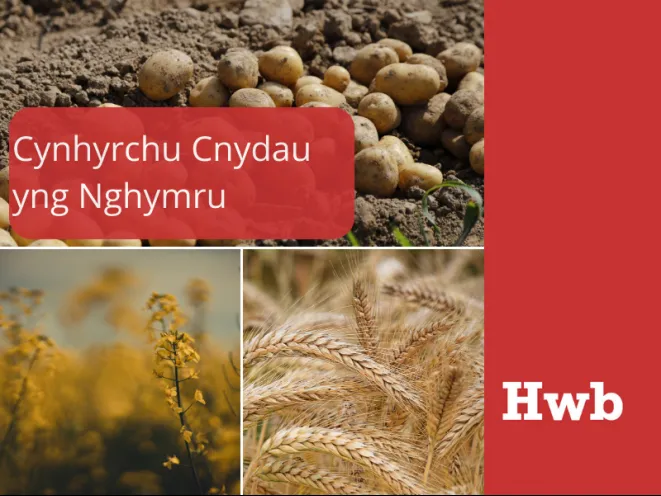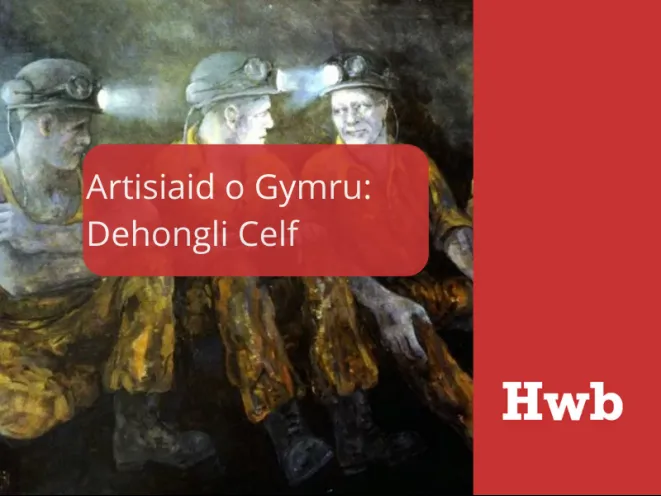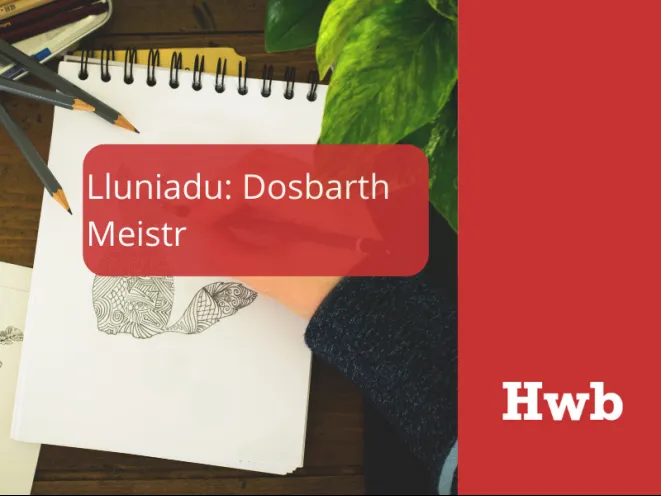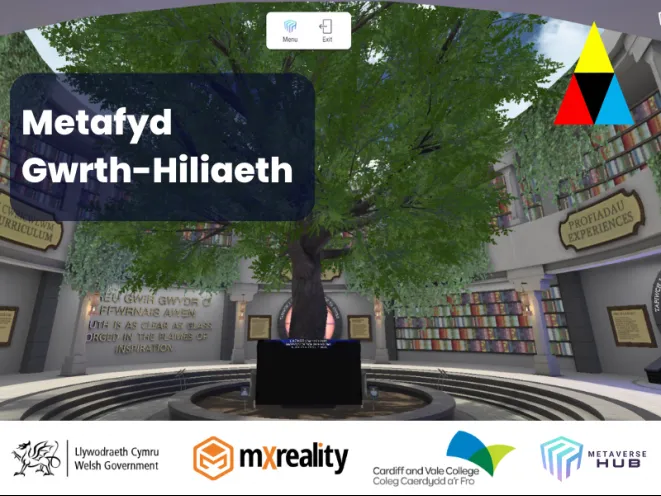Pūtahitanga: te reo Māori (in the Māori language) which describes a community coming together to work together on a specific idea, topic or challenge. The word embodies the ethos of the research project that uses it as a title: The Pūtahitanga Project. This is a project that explores popular music, language and identity in the Welsh and Māori contexts. As part of the project, Dr Elen Ifan from Cardiff University received an Innovation Grant from the Coleg Cymraeg Cenedlaethol to hold workshops in Aotearoa (New Zealand) and Wales with musicians who use Māori and Welsh in their work. This resource shares clips from the workshop in Cardiff and includes activities to involve you in our research as well. It is mainly designed for higher education students, but it is also relevant to anyone interested in Welsh popular music and the worksheet is suitable for AS and A level as well. The project essentially aims to find connections between the experiences of musicians who use two minority languages (Welsh and te reo (the language) Māori), trying to understand the various challenges facing these musical communities , but without directly comparing. The project uses creative research methods and involves audiences in the research. This resource forms part of that work. The video files include a presentation by the lead researcher and clips from a workshop held in Cardiff in November 2023. The worksheet guides the person using the resource through the activities, encourages them to engage with the themes of the project, to think about what is relevant or important to them, and invites creative responses to the research.
Pūtahitanga Project: Music, Language, and Identity
Art and Design on the MAP 2024
The aim of the 'Celf a Dylunio ar y Map’ is to offer a unique opportunity for Welsh-medium Art and Design students to come together in one place to share and discuss their work and to benefit from the experience of artists and others who work in the industry. The students also get involved in exploring a specific location and responding creatively to that location and to a brief. This year the location was Swansea and the theme of the festival was 'The Ugly and Lovely’. Three Arts Practitioners were invited to the festival this year to share their arts journey, Kath Ashill, Rhian Jones and Vivien Roule. The videos provided here provide a flavour of the festival additionally they provide an insight to the enterprise of arts practitioners and their journeys in the art world.
Business Studies
In this resource you will have the opportunity to develop your knowledge and understanding of businesses and their markets. The resource is divided into six units: Exploring Business Marketing Personal and Business Finance Internatioln Business Principles of Managment Business Decision Making Here you'll discover information about Welsh businesses and companies that you can use to undertake further research or to complete assignments. You will also come across short exercises and case studies that will test your basic understanding. This resource targets learners that are studying business courses at level 3.
Creative Industries Units
This collection contains six e-learning packages on the following areas: Business within the Creative Industries Art and Design within the Creative Industries Communication and research in Creative Media Exploring the Performing Arts and Professional Practice Career Pathways and opportunities within the Creative Industries in Wales Music industry and professional practice The packages are suitable for learners studying the relevant qualifications at levels 2 and 3 at further education colleges.
Sociology Revision Workshops - A Level and Further Education
Two online workshops for students studying A Level or Level 2/3 exams in Sociology. The first Workshop is on the theme of 'Research Skills' and the second workshop on the theme of 'Inequality'. The Workshops are led by lecturers from Bangor and Cardiff universities.
Llond Ceg - Sustainable Welsh Foods
Llond Ceg offers a flexible and accessible resource for anyone who wants to understand and learn more about sustainability. The website has been created to be used in a flexible way to encourage conversations about Welsh food, about the current arrangement of the food system, about food waste and most importantly about how a large number of Welsh farmers try to produce food through sustainable methods. The content presents and discusses 10 reasons why local Welsh food is more sustainable compared to food produced abroad. There is also a series of 3 podcasts which present different aspects of the Welsh food chain. The resource is suitable for anyone with interest in the subject matter, Welsh Baccalaureate post-16 groups and degree level learners.
An introduction to sociology resources
A 20 minute talk introducing resources created by Sociology lecturers. The resources that are showcased will be useful for teachers, pupils, learners and lecturers to support their teaching and learning. They can all be found on the Porth. These include: 'PAAC' resources which are on the themes of: Introduction to Sociology, Education, The Family, Research Skills, and Social Inequality Study of Contemporary Wales self study module Social Sciences: A Sociological Theory self study module Esboniadur Gwyddorau Cymdeithasol (Sociology Explainer - the Esboniadur is a collection of Welsh medium wicipedia style pages on a range of topics).
Level 3 Health and Social Care – Principles and Contexts Handbook
Please find link below to Atebol's website to buy the Level 3 Health and Social Care – Principles and Contexts Handbook by Carol Bennett, Sara Jones, Rhiannon Salisbury a Philip Webber. Suitable for Level 3 Health and Social Care: Principles and Contexts, part of the suite of Health and Social Care, and Childcare qualifications in Wales provided by City & Guilds/WJEC. The qualification and this resource are aimed at post-16 learners who are keen to learn more about the health and social care sectors. Suitable for Level 3 Certificate, Foundation Diploma, Diploma or the Extended Diploma. Provides a progression path for learners who have studied Level 2 qualifications in Health and Social Care, and Childcare. This resource is also suitable for learners who have not studied Health and Social Care before. A specific resource for Units 4, 5 and 6 of the qualification. It will also prepare you for external examinations and the relevant assessments. Offers guidance for studying the different subjects to make sure that you have a sound knowledge base and the necessary skills to be successful in your studies. Provides an opportunity to reflect on your experiences with opportunity to do further research to improve your understanding. Selected case studies give you an opportunity to show your understanding of what you have learned within the context of what you will face in your work of caring for others.
Crop production in Wales
This resource looks at crop production in Wales. It is suitable for learners in further and higher education studying programmes from levels 2 to 6. There are eight units each containing information on different aspects of crop production These include aspects of cultivation, establishment, growth, manuring, crop protection, harvesting and storage. The units are as follows: Introduction to crop growing in Wales Crop cultivation Crop establishment Crop growth and establishment Manuring Crop protection Harvesting Crop Storage This resource is on Welsh Government's HWB website and was published by Welsh Government.
Artists from Wales: Interpreting Art
A strategy to help students of all ages to interpret art. These artworks are from the National Library of Wales' collection and the resource is on Hwb.
Drawing Masterclass
Support for Art and Design teachers and lecturers on raising learners' drawing skills based on GCSEs, AS and A-levels in particular but may also be of interest to staff teaching vocational courses at levels 2 and 3. The package provides useful practical examples showing all the different types of drawing that can be integrated into work plans. As with writing, drawing has many different purposes, and it is important that students are aware of them and convinced of the value of acquiring appropriate skills that will enable them to develop their creative ideas and communicate them visually, in whatever discipline they are studying. The resource pack also includes ten examples of work units that ensure that drawing, particularly observational drawing based on original sources (not photographs), is at the heart of foundation course work plans.
Welsh Government Anti-Racist Virtual World
In collaboration with mXreality, and working with teams specialising in the subject from Cardiff and Vale College, the Welsh Government has developed an immersive, accessible and expansive 3D metaworld environment, comprising of five areas relating to different themes. They look forward to sharing their experiences, stories and anecdotes with you, and you are invited to engage in an immersive learning experience, which will enhance your understanding of the world. As you explore this world, you are asked to engage with the resources and reflect on their significance. This is an opportunity for you to learn about the cultures and traditions that make up part of our shared identity. The Metaworld consists of the following sections: Experiences The Metaworld of Experiences is situated on a street of representative semi-detached houses in Wales, with access to six houses (three on each side of the street). In each of the houses, you can learn more about the background and interests of the individuals who live there by watching the video playing on the TV and by clicking on some of the interactive items (identified by a three spot icon) in the living room. Immersive Studies The Immersive Studies Metaworld consists of a main lower level area and three upper level areas. The main area has a variety of items of geometrical interest because of their shapes and patterns, which show the connection between mathematics, science and nature. You can learn more about these items by clicking on them. A QR Code is also visible on a panel near some items, which can be scanned with your mobile phone's camera to view a 3D or Augmented Reality (AR) version of the item on your device. The higher level includes: Mathematics room – allows visitors to explore the importance and history of mathematical and geometrical numbers and shapes Hair and Beauty Room – allows visitors to familiarise themselves with the history and origins of hair and beauty Inventions Room – educates visitors about some significant inventions and early contributions to contemporary life World Timeline The World Timeline Metaworld consists of a main central area and four geographic regions, all of which you can access via a tunnel from the central area. Each tunnel displays information that presents the background, identity and image of a representative individual from that region. Each of the four regions (detailed below), comprises four time periods, allowing visitors to experience architecture, images, and representational information in relation to ancient times, medieval times, early modern times, and the world today. The four regions available in this Metaworld are: Africa, Indian Subcontinent, Middle East and Northern Europe. As you move around the world timeline, in the central area and in each of the regions, interactive items you can click on link to videos that present useful additional information. QR Codes are also available in some of the regions, which can be scanned with your mobile phone's camera to view a 3D or Augmented Reality (AR) version of the item on your device. Curriculum This section allows you to engage with a wide range of carefully crafted topics in order to surmise that their plan will be anti-racist. The section consists of the following topics: Sociology Hair & Beauty Health and Social Care Black Feminism Politics Mathematics Film Studies African philosophy English for speakers of other languages Basic Education for Adults Additional Learning Needs Tutorial

